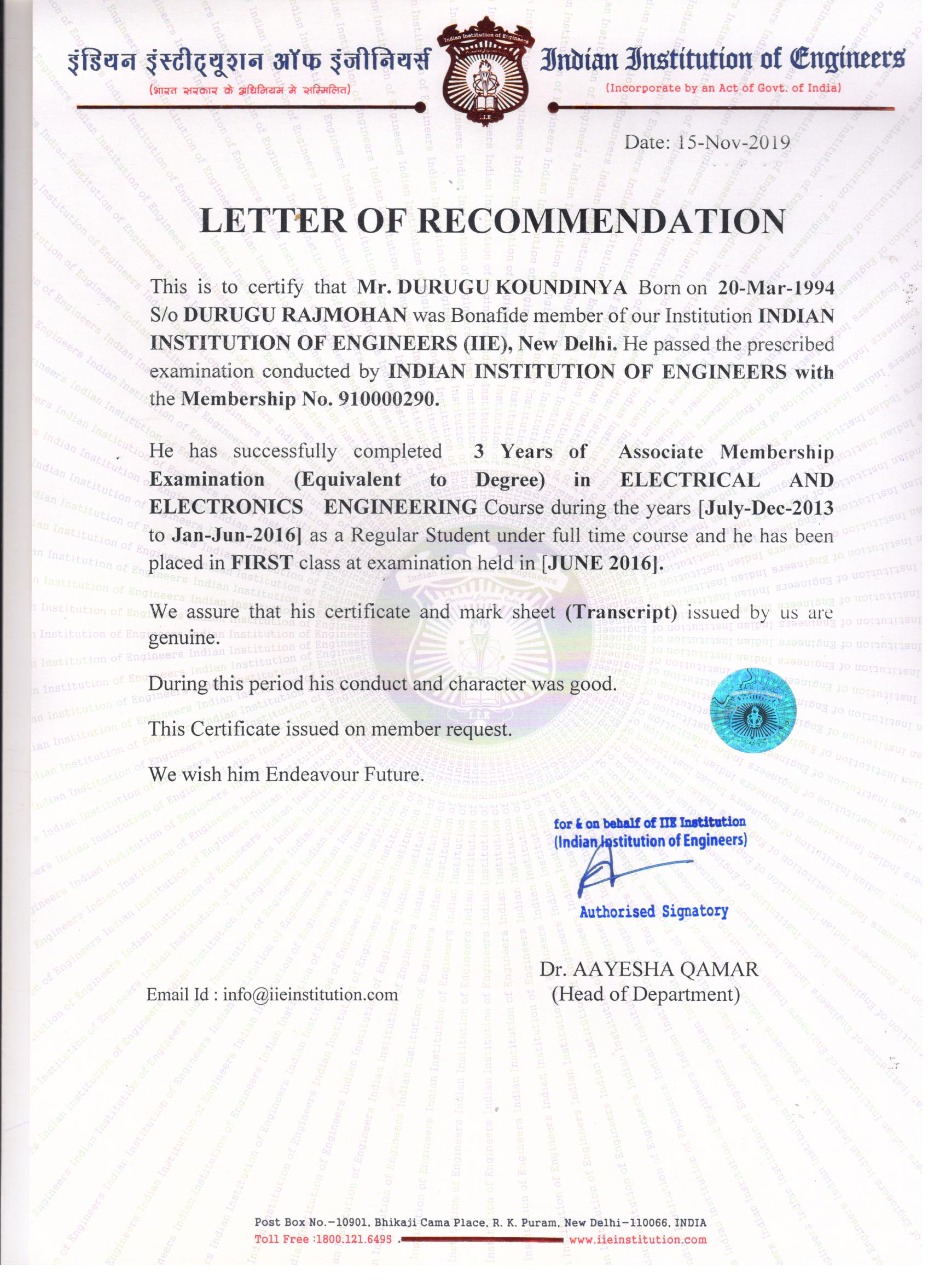Letter of Recommendation
While applying for various universities, you may have heard a lot about something called the letter of recommendation, but what is it? Just as the name says, a letter of recommendation, is a letter that recommends a student, employee, colleague or co-worker. It is also called as a letter of reference or LOR in short. When issued to a student, this letter helps the admission committee to know and understand more about the applicant. Needless to say, this is a great tool to showcase the positives and most impactful information about the applicant from the eyes of their supervisor/mentor/superior/guide/faculty.
The LOR needs to be short, crisp and to the point to have the best impact. Remember, it is a separate letter and should never be mixed with a Resume. This is the most important reason why applicants may face rejection or refusals. But what is a good LOR?
How to write a good LOR?
A brief explanation about their relationship with you. The letter should mention about how long have they known you and in what capacity have you interacted –advisor, mentor, faculty, teacher, supervisor or colleague.
An emphasis on the observation being direct or indirect. It always has a positive impact if the observations were direct as that gives a clear understanding of the extent of interaction. For example, working directly is important and adds more value than being known through someone and having worked together remotely. Things like “I know her/him and observed them while working in a group headed by Mr. Y”. In this, the recommender only observed you working in another group led by someone else who is actually not writing the recommendation.
LOR should carry a very accurate assessment of your eligibility and suitability for the course/program/study. Emphasis should be more on suitability rather than the recommender sounding more of like an advocate. For example, the recommender should mention how you fared in class about a relative course of interest/ rank position like top 3 or top 1% of the class/university.
A recommendation letter should never mention any grades or scores of competitive tests unless required to interpret some academic details. These are already mentioned in your application and repeating them in an LOR is a big No.

